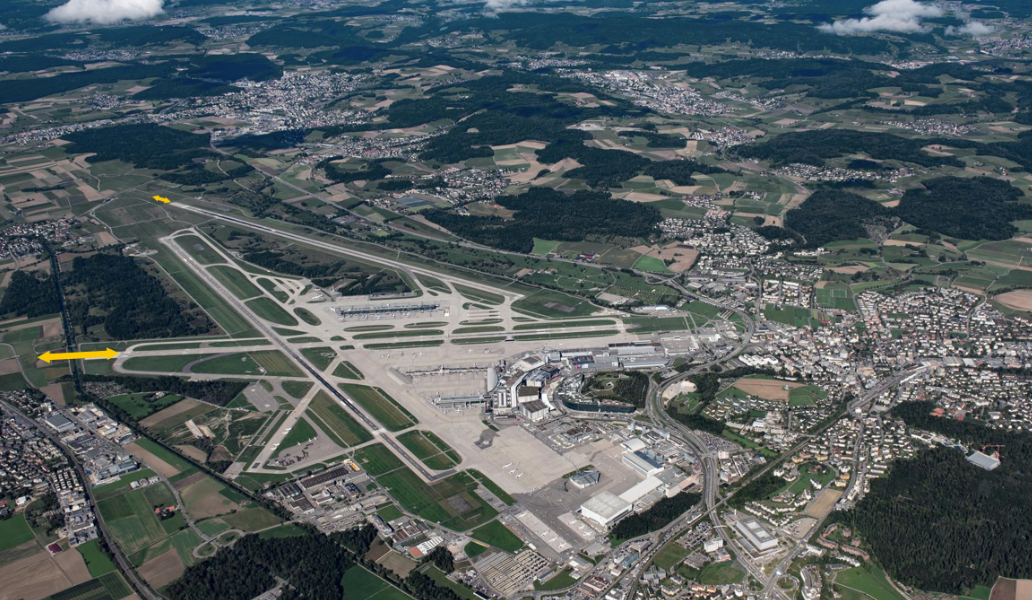The main reason and trigger for the runway extensions are the eight major risks outlined in a safety review in 2012. These are the risks that air traffic controllers, pilots and all operating personnel at Zurich Airport have to contend with on a daily basis. They have to operate in a system that is far away from a state of systemically anchored safety. The 'traps' are set in eight places every day and have to be actively avoided by people with their fallibility. The unpleasant thing about working in aviation is the fact that the people involved can find themselves in a situation that overwhelms them in a matter of seconds. If you want to get an idea of this, I recommend reading the SUST reports on incidents at Zurich Airport in recent years. Some were so serious that even the state got involved and air traffic controllers were convicted. As if this would make the airport system safer. It takes courage to rely on the infallibility of the players in such a complex system. If you follow the discussions about self-driving cars, you realize that completely different demands are being placed on systemic safety here. If we had the opportunity to use our vote to ensure that only a system that safely limits the fallibility of drivers is approved, the choice between yes and no would be quickly made.
The danger of complexity
But Zurich Airport is far way from this. The first of the eight top hazards in the aforementioned safety review is: "Reduced margin of error due to high operational complexity". This means nothing other than that the margin of error for those involved is low and does not correspond to the norm. Does anyone today really still believe that such a narrow buffer to an accident will never have to be used by thousands of people in the cockpit and at the radar console 365 days a year in all weather conditions for decades? The first top hazard alone is reason enough to take action. Anyone who still has the courage to tackle the other seven risks needs strong nerves.
That said, it never ceases to amaze me how politicians fervently proclaim that Zurich Airport is safe. How do they manage to suppress the two serious accidents with many fatalities in the 2000s without shame? I am almost certain that they will feel uncomfortable when boarding an airplane if they have read the eight top hazards at Zurich Airport beforehand.
What does 'safety' mean?
The absence of accidents in the immediate past does not mean safety. Safety is not a state. If it was, it would be comparable to the state of two balls lying on top of each other. Without us continuously stabilizing them with supporting influences, the upper one would fall down. Safety can be defined as an ongoing process of risk mitigation. We can never say that something is safe. We can only say whether what we do has a positive or negative impact on safety.
Taking responsibility for safety
With this vote, we will probably only have one opportunity in our lifetime to take responsibility for safety at Zurich Airport. After all, infrastructure expansions are costly business and the approval process takes many years. We are dealing with an enormously sluggish system that lacks the agility needed to maintain the safety of such a complex structure. Working on the system has never been easy. But it is becoming increasingly important, because we humans have managed to build socio-technical systems that we can only understand with great difficulty, let alone really control. In this respect, the runway extensions are both a ray of hope and an opportunity.
Of course, you can reject the runway extensions with faith in God on March 3rd. But that will not prevent you from bearing part of the responsibility for future accidents at Zurich Airport.



